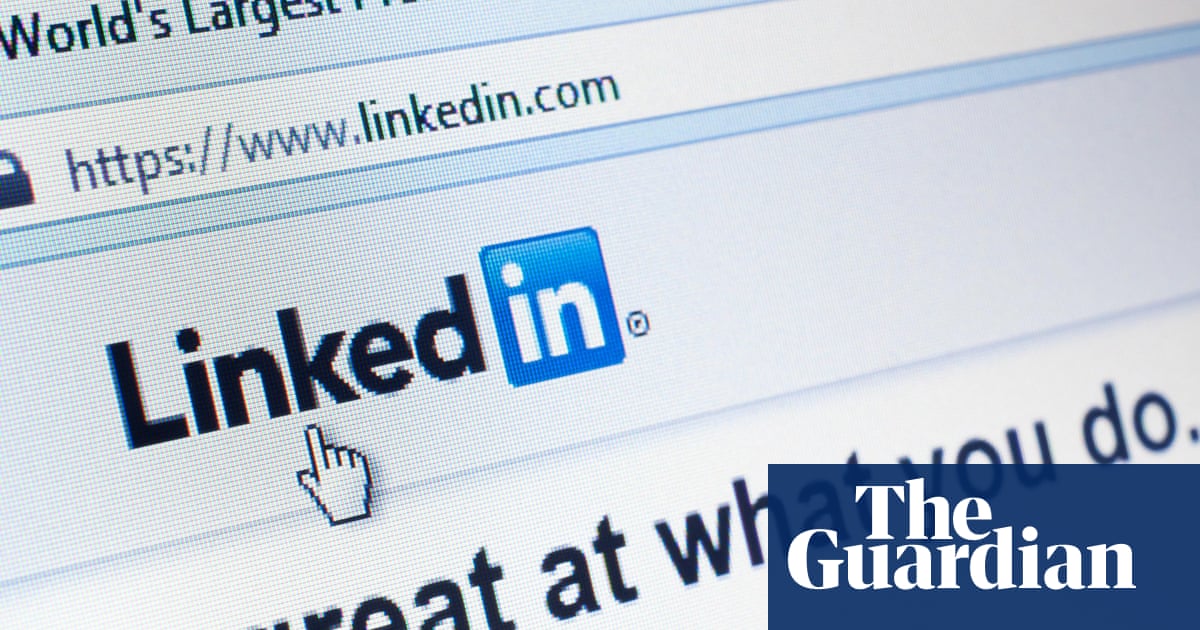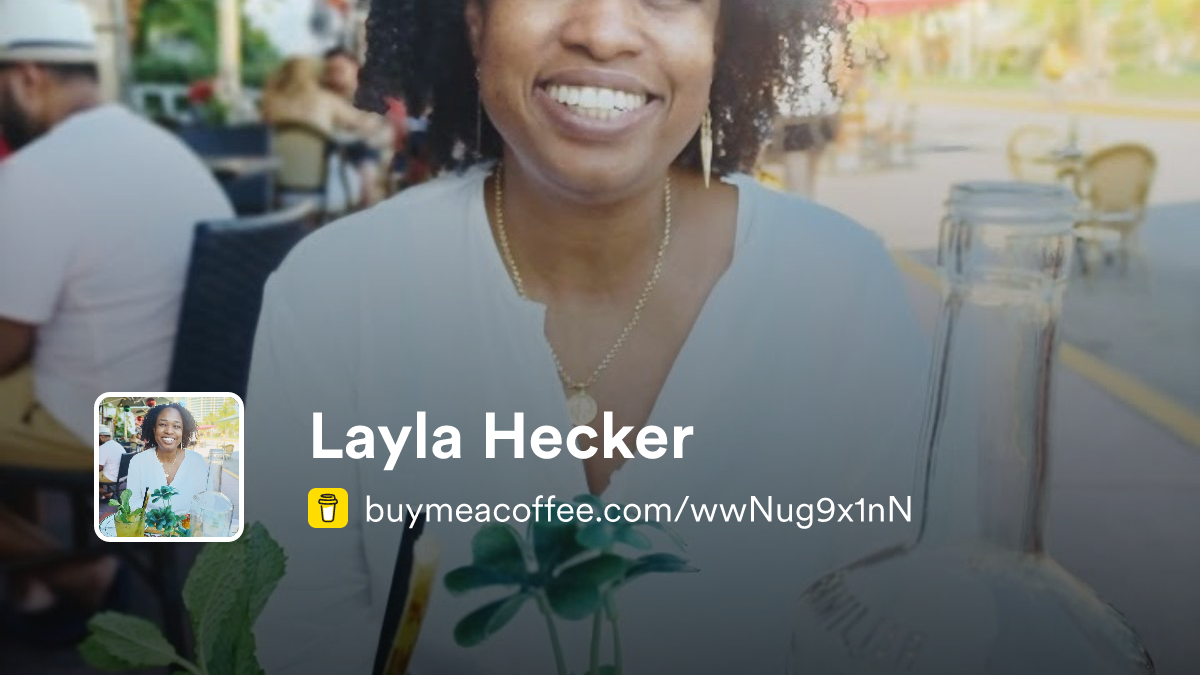- AI Strategist News
- Posts
- AI Weekly News Update: 07/14/2025
AI Weekly News Update: 07/14/2025
AI Strategist News: Navigating the transformative world of AI for your business

Table of Contents
This Week
Bottom Line Up Front
Google has agreed to hire Varun Mohan, CEO of AI coding startup Windsurf, along with other senior Windsurf employees.
The deal is worth $2.4 billion, which includes licensing fees and compensation, and gives Google a nonexclusive license to certain Windsurf technology.
The move is part of the ongoing AI talent war, with Google aiming to advance its work in agentic coding through the acquisition of top AI coding talent from Windsurf.
Business Use Cases
Why is this important
A Los Angeles-based AI startup called Moonvalley has developed a "3D-aware" video synthesis model called Marey, which is 100 percent trained on public domain films.
This approach challenges the common practice of training AI on proprietary material, addressing ethical and legal concerns.
Moonvalley's model has drawn attention from film industry professionals, including Ed Ulbrich, a VFX artist and producer who was hired by the company to liaison with film studios.
Bottom Line Up Front
AI startups like Perplexity and OpenAI are developing AI-enabled web browsers to challenge Google's search dominance, particularly through its Chrome browser.
These new browsers, such as Perplexity's Comet, aim to reimagine the search experience with features like AI chatbots and agents that can perform tasks like booking meetings and sending emails.
Despite Google's established market share and user data, the entry of these AI products may be timely due to Google's uncertain future amid its antitrust case, and some experts believe that innovative technology from AI web browsers could convince consumers to switch from Chrome.
Bottom Line Up Front
Deepfake AI job applicants are exploiting the remote work trend, defrauding US companies and potentially threatening national security, with 17% of hiring managers encountering such candidates.
By 2028, 1 in 4 job candidates worldwide are expected to be fake, according to Gartner, with experts like Vijay Balasubramaniyan and Dawid Moczadlo warning of the need for verification tools.
The trend poses a national security concern, as fake candidates with ties to sanctioned nations, such as North Korea, can infiltrate organizations and fund illicit activities, according to experts like Aarti Samani.
PRESENTED BY HeyReach
10x your LinkedIn outbound. Unlimited senders, one fixed cost
For agencies, sales teams, and GTM experts who want to automate LinkedIn outreach, reach 1000+ leads weekly, and book more meetings.
Things to Pay Attention to
Bottom Line Up Front
Graduates in the UK, including Susie and Martyna, are struggling to find jobs despite having high-level qualifications, with many feeling that their degrees are useless due to the heavy use of AI in the recruitment process.
The job market has become increasingly competitive, with thousands of applicants for a single position, and many graduates are being rejected or ghosted, including those with PhDs and master's degrees from top universities.
Employers are now valuing job-specific experience over impressive degrees, and graduates are finding that they need to have additional skills, such as customer service experience, to stand out in the job market, as noted by graduates like Lucy and Louise.
Bottom Line Up Front
Researchers at Stanford University found that AI therapy chatbots may stigmatize users with mental health conditions and respond inappropriately or dangerously.
The study, led by Nick Haber and Jared Moore, tested five chatbots and found they showed increased stigma towards certain conditions, such as alcohol dependence and schizophrenia.
The researchers conclude that while AI tools are not ready to replace human therapists, they could potentially assist with tasks like billing, training, and supporting patients with journaling, but their role in therapy needs to be carefully considered.
Bottom Line Up Front
A security oversight in McDonald's AI-powered hiring platform "McHire" exposed sensitive data of 64 million job applicants.
The issue was caused by a default admin login with the password "123456" and an insecure direct object reference (IDOR) in an internal API.
The flaws were discovered by security researchers Ian Carroll and Sam Curry, and were promptly resolved by McDonald's and Paradox.ai, the creator of McHire's automated recruiter bot "Olivia".
Bottom Line Up Front
The Jeremy Coller Centre for Animal Sentience, based at the London School of Economics and Political Science, will research animal consciousness and explore how AI can help humans understand and communicate with pets.
The centre, led by Prof Jonathan Birch, will investigate the use of AI in animal-human interaction, including potential risks and benefits, and develop ethical guidelines for responsible AI use in relation to animals.
The research aims to close the gap between what people believe about animals and how they actually behave towards them, and will cover topics such as animal sentience, welfare, and the impact of AI on animals, including in farming and driverless cars.
Your opinion matters! Your feedback helps me create better emails for you! Loved it 😍 😍 😍 Ok 🫤 Horrible 🤢 Got more feedback or just want to get in touch? Reply to this email and we’ll get back to you. _________________________________________________________________ Thanks for reading. Until next time! Layla and AI Strategist News Team |
|
Buy me a coffee









